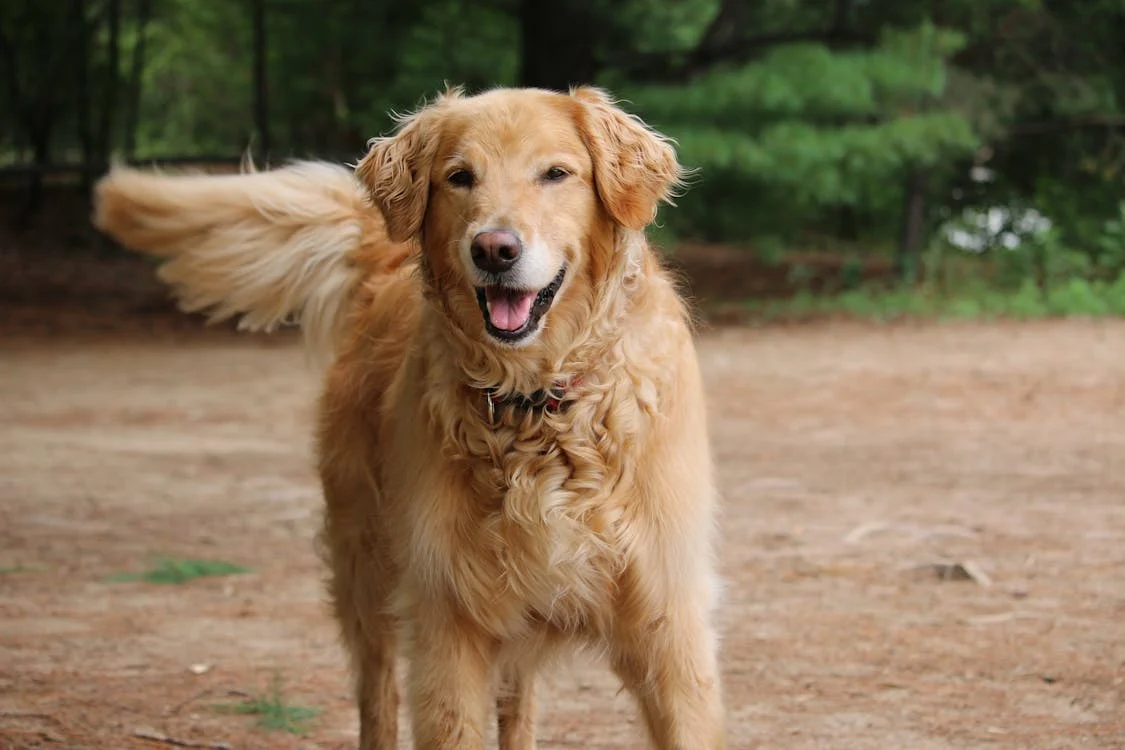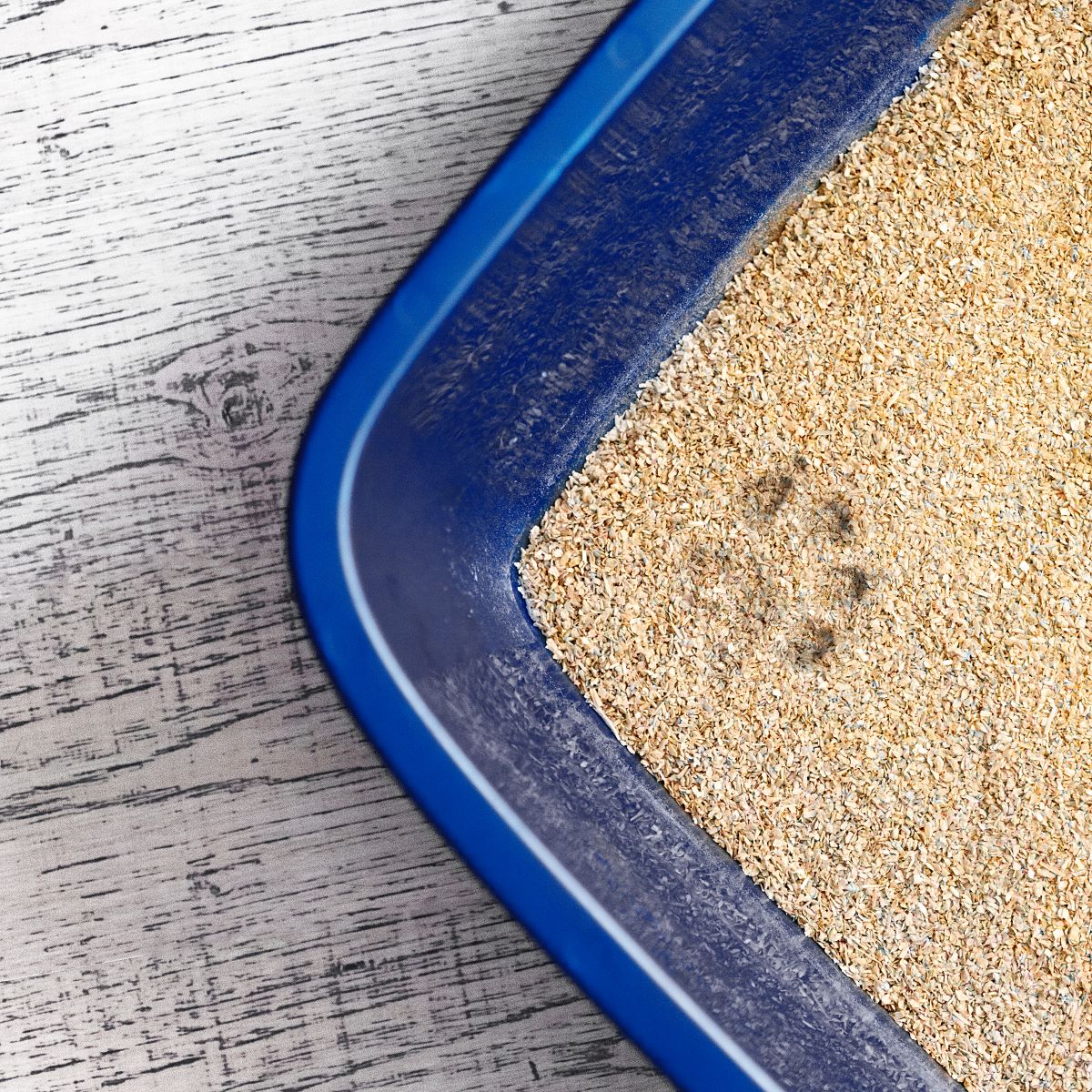
5 Must-Know Tips for Choosing the Best Food for Your Large Breed Dog
Caring for large dog breeds means making some big decisions, especially regarding their food. Good nutrition ensures they live a long, healthy, and active life. Experts say providing a high-quality diet is one of the best ways to keep your dog healthy and prevent diseases.
Knowing which dog to pick can be challenging with many dog food options. Before you buy, it’s helpful to understand what large-breed dogs need in their diet. This knowledge will help you pick the best food for your dog from puppyhood to their senior years.
For some help, here are five must-know tips for selecting the best food for your large-breed dog.
Prioritise High-Quality Protein
Protein is essential for all dogs but vital for large breeds. They need more protein to support their bigger muscles and overall growth. Look for dog foods that list high-quality proteins like chicken, fish, or lamb as the first ingredient.
Whole meats are better than by-products or fillers because they provide more nutrients. For large breed puppies, aim for a large breed dog food with at least 25% protein to support their growth. Adult dogs should look for around 18% protein to maintain muscle mass and health.
Choosing the proper protein levels in dog food helps your large breed dog grow strong and stay healthy. High-quality protein supports muscle health and overall well-being, giving your dog the nutrients they need to thrive.
Ensure Controlled Calcium Levels
Large-breed dogs are more susceptible to skeletal and joint problems, so monitoring their calcium intake is crucial. Too much calcium, especially in puppies, can lead to orthopaedic diseases like hip dysplasia and osteochondrosis. These conditions can cause pain and mobility issues, significantly impacting your dog's quality of life.
It's important to choose dog food with controlled calcium levels to support proper bone growth and prevent these issues. The ideal calcium content for adult large-breed dogs should be between 1.0% and 1.8%. This range helps maintain bone health without overloading the system. For puppies, the calcium content should be slightly higher, between 1.2% and 1.5%, to support their rapid growth phase.
In addition to calcium levels, the balance between calcium and phosphorus is vital. The calcium-to-phosphorus ratio should ideally be between 1:1 and 1.4:1. This balance ensures that calcium is properly absorbed and utilised for bone development, reducing the risk of skeletal issues.
Opt for Moderate Fat Content
Keeping your large breed dog's weight in check is essential to avoid putting too much strain on their joints and organs. Overweight dogs are more likely to develop joint problems, heart disease, and diabetes. To help them stay healthy, choose dog food with moderate fat content.
Look for food that has around 10%-15% fat, depending on how active your dog is. More active dogs might need more fat for energy, while less active dogs might need less to prevent weight gain.
Choose foods with healthy fats like fish oil or flaxseed oil. These fats provide Omega-3 fatty acids, which are great for keeping your dog's coat shiny and skin healthy. They also help reduce inflammation in the joints.
Avoid foods with unhealthy fats or fillers, as they can cause weight gain without providing good nutrition.
Look for Added Nutrients and Supplements
In addition to protein and fats, your large breed dog needs specific nutrients and supplements to stay healthy. These added nutrients can provide extra benefits that help support your dog's overall well-being.
One of the essential supplements to look for is glucosamine and chondroitin. These ingredients support joint health, especially in large-breed dogs prone to joint issues. Glucosamine helps with the formation of cartilage, while chondroitin helps maintain it. Together, they can help prevent joint problems and keep your dog moving comfortably, whether they are still growing or getting older.
Another important group of nutrients is antioxidants. Antioxidants support a healthy immune system and can be found in fruits and vegetables like blueberries, spinach, and carrots. These foods provide natural sources of vitamins and minerals that promote overall health. Antioxidants help protect cells from damage, reduce inflammation, and support heart health, contributing to your dog's longevity and vitality.
When choosing dog food, look for these added nutrients and supplements in the ingredients list. Foods that include glucosamine, chondroitin, and antioxidant-rich fruits and vegetables are excellent choices.
These ingredients will help ensure your large breed dog gets the necessary macronutrients and the extra support for joint health, immune function, and overall well-being.
Include Whole Grains and Fibre
Quality dog food should contain fibre and whole grains to provide sustainable energy and foster healthy digestion. Whole grains such as oats, barley, and brown rice are rich in essential vitamins, minerals, and antioxidants that contribute to overall health.
Fibre-rich ingredients like sweet potatoes and peas can help maintain a healthy weight and support gastrointestinal health. Avoid dog food with fillers like corn or wheat, as these low-quality grains don’t have the necessary nutrients essential for development and growth.
Takeaway
Take these tips to heart and make informed decisions when selecting your dog's food. Your large-breed dog deserves the best, and with the proper nutrition, you can give it a long, healthy, and happy life. Always consult your veterinarian to ensure you make the best choices for your pet's needs.








 email us
email us